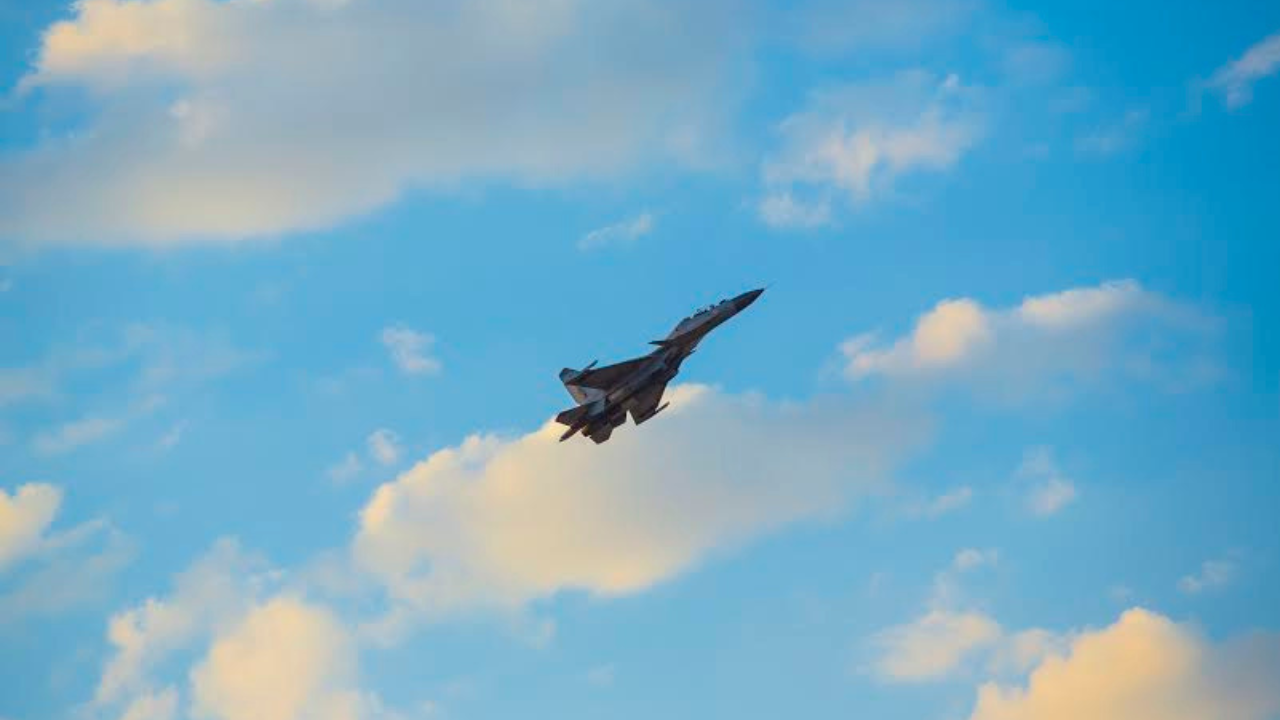NEW DELHI: A mega over Rs 26,000 crore deal to procure 240 aero-engines to power and sustain the Sukhoi-30MKI jets was cleared by the PM-led cabinet committee on security on Monday, at a time when the IAF is grappling with just 30 fighter squadrons when at least 42 are needed to tackle the twin threat from China and Pakistan.
The 240 AL-31FP aero-engines will be procured from defence PSU Hindustan Aeronautics (HAL), which in turn will source some components from Russia.“The aero-engines will have an indigenous content of over 54%, enhanced due to indigenisation of some key components. The engines will be manufactured at the Koraput division of HAL,” a defence ministry official said.
The delivery of these aero-engines is slated to begin after one year, with the entire order being completed over eight years. The IAF currently has 259 Sukhois, the bulk of them licensed produced by HAL for over $12 billion from Russia, which constitute the backbone of its combat fleet.
Another 12 new Sukhois along with associated equipment are now being ordered for around Rs 11,500 crore to replace the ones that crashed over the years.
The CCS in Feb has also cleared new engines for the around 60 MiG-29 fighters in the IAF fleet for Rs 5,300 crore, which too will be manufactured by HAL with Russian collaboration.
The IAF is now ordering aero-engines in bulk, instead of the earlier piecemeal orders, to bring down the costs and enhance the indigenous content. Engines need to be replaced at least two to three times during a fighter’s operational life.
“Sukhois constitute one of the most powerful and strategically significant fleets of the IAF. The supply of these aero-engines by HAL would meet the fleet sustenance requirement to continue unhindered operations and strengthen the country’s defence preparedness,” the official said.
India’s failure to indigenously produce aero-engines for fighters, with the requisite thrust-to-weight ratio, has been a major problem over the years. The delay in supply of GE-F404 turbofan jet engines by US firm General Electric, for instance, has hit the delivery timeframe of 83 indigenous Tejas Mark-1A jets to IAF, contracted from HAL under the Rs 46,898 crore contract in Feb 2021.
India and the US are now, of course, also conducting the final techno-commercial negotiations for the co-production of GE-F414 jet engines for the planned Tejas Mark-II fighters in India, with 80% transfer of technology for around $1 billion, as reported by TOI earlier.
On the Sukhoi front, there is also a major indigenous upgrade plan to make the existing fighters much more lethal with advanced radars, avionics, longer-range weapons and multi-sensor fusion to ensure they are capable of air combat for another 30 years. This Rs 63,000 crore project will also soon head for the final clearance by the CCS, as was earlier reported by TOI.
The 240 AL-31FP aero-engines will be procured from defence PSU Hindustan Aeronautics (HAL), which in turn will source some components from Russia.“The aero-engines will have an indigenous content of over 54%, enhanced due to indigenisation of some key components. The engines will be manufactured at the Koraput division of HAL,” a defence ministry official said.
The delivery of these aero-engines is slated to begin after one year, with the entire order being completed over eight years. The IAF currently has 259 Sukhois, the bulk of them licensed produced by HAL for over $12 billion from Russia, which constitute the backbone of its combat fleet.
Another 12 new Sukhois along with associated equipment are now being ordered for around Rs 11,500 crore to replace the ones that crashed over the years.
The CCS in Feb has also cleared new engines for the around 60 MiG-29 fighters in the IAF fleet for Rs 5,300 crore, which too will be manufactured by HAL with Russian collaboration.
The IAF is now ordering aero-engines in bulk, instead of the earlier piecemeal orders, to bring down the costs and enhance the indigenous content. Engines need to be replaced at least two to three times during a fighter’s operational life.
“Sukhois constitute one of the most powerful and strategically significant fleets of the IAF. The supply of these aero-engines by HAL would meet the fleet sustenance requirement to continue unhindered operations and strengthen the country’s defence preparedness,” the official said.
India’s failure to indigenously produce aero-engines for fighters, with the requisite thrust-to-weight ratio, has been a major problem over the years. The delay in supply of GE-F404 turbofan jet engines by US firm General Electric, for instance, has hit the delivery timeframe of 83 indigenous Tejas Mark-1A jets to IAF, contracted from HAL under the Rs 46,898 crore contract in Feb 2021.
India and the US are now, of course, also conducting the final techno-commercial negotiations for the co-production of GE-F414 jet engines for the planned Tejas Mark-II fighters in India, with 80% transfer of technology for around $1 billion, as reported by TOI earlier.
On the Sukhoi front, there is also a major indigenous upgrade plan to make the existing fighters much more lethal with advanced radars, avionics, longer-range weapons and multi-sensor fusion to ensure they are capable of air combat for another 30 years. This Rs 63,000 crore project will also soon head for the final clearance by the CCS, as was earlier reported by TOI.
